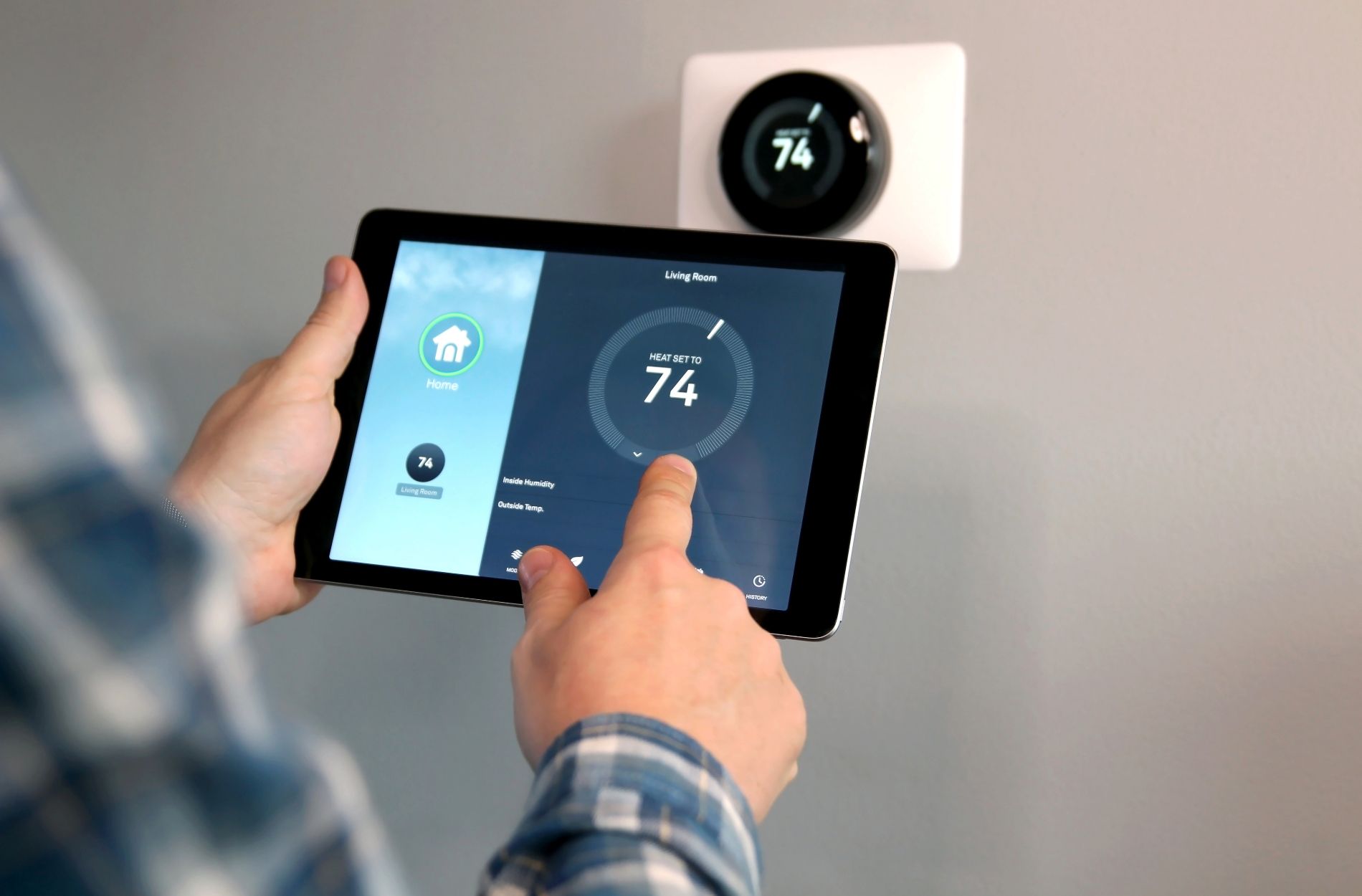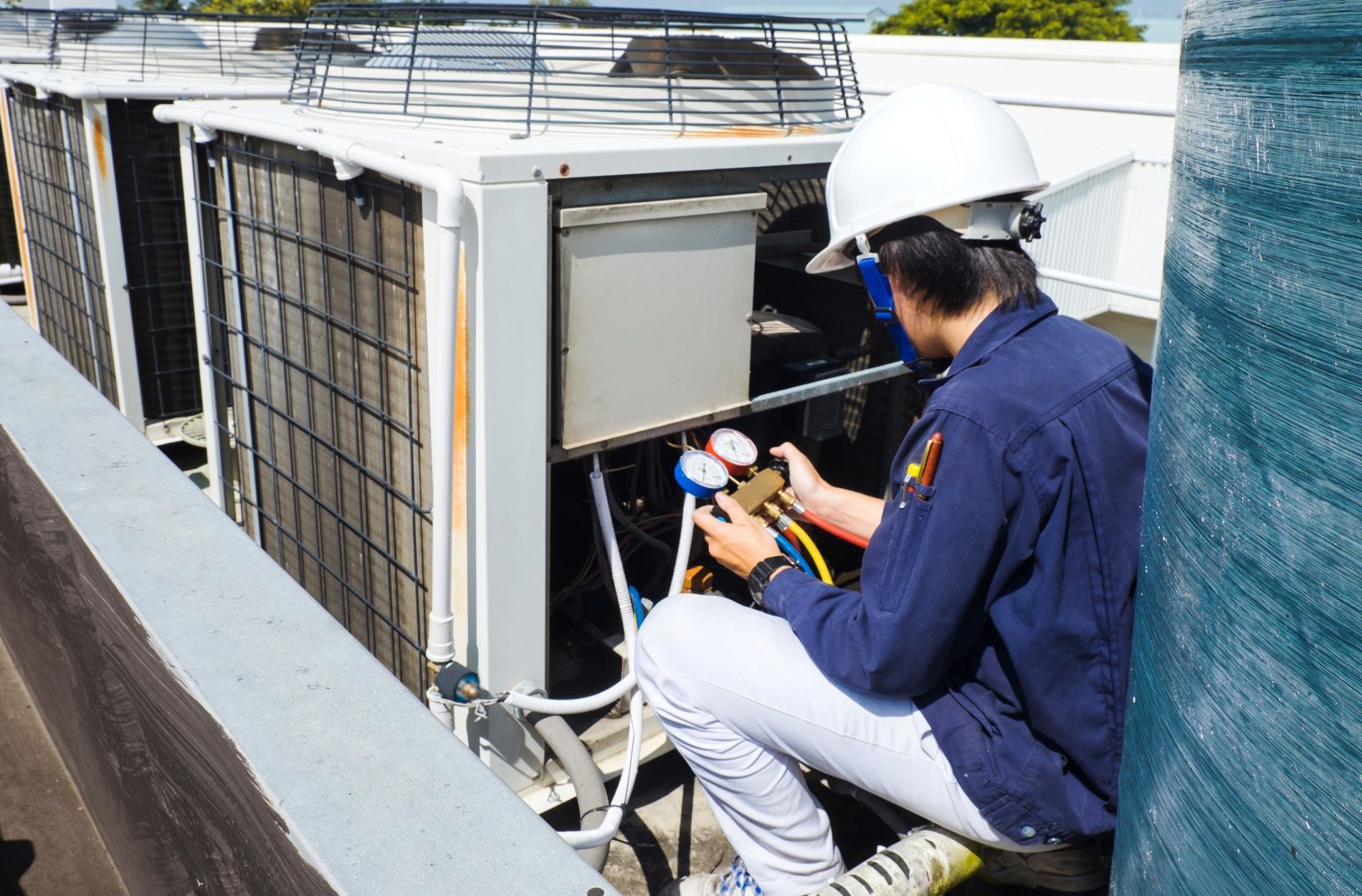Maximizing HVAC Efficiency: A Guide to Home Insulation and Air Sealing
As providers of high-quality HVAC services, we know that maintaining a comfortable and energy-efficient home goes beyond just having a well-functioning heating and cooling system. Numerous factors contribute to your home's overall comfort, and one of the most crucial elements is proper insulation and air sealing. Ensuring your home is adequately insulated and sealed can significantly impact your HVAC system's efficiency, resulting in reduced energy consumption and lower utility bills, while also maintaining optimal comfort levels year-round.
In this blog post, we will delve into the importance of home insulation and air sealing in relation to HVAC efficiency, discussing the benefits of having well-insulated spaces and the potential energy savings that can be achieved. We will also outline the common areas in your home where air leakage may occur, as well as provide guidance on how to detect and remediate these issues. Our team of experienced technicians can offer expert advice and assistance to ensure your home is properly insulated and sealed, helping you unlock the full potential of your HVAC system and create a comfortable living environment for you and your family.
The Importance of Home Insulation and Air Sealing
Proper home insulation and air sealing play a crucial role in maintaining indoor comfort and ensuring your HVAC system operates as efficiently as possible. Key benefits of well-insulated and sealed homes include:
1. Improved HVAC Efficiency: Good insulation and air sealing force your HVAC system to work less to heat or cool your home, resulting in enhanced efficiency and reduced energy consumption.
2. Lower Energy Bills: As your HVAC system works more efficiently, you can expect a noticeable decrease in your monthly energy bills.
3. Enhanced Indoor Comfort: Proper insulation and air sealing prevent drafts, cold spots, and excessive heat transfer, leading to consistent indoor temperatures and a more comfortable living environment.
4. Environmental Benefits: By consuming less energy to heat or cool your home, you contribute to reducing your carbon footprint and lessening the impact on the environment.
Common Areas for Air Leakage
Air leaks can occur throughout your home, but some of the most typical spots for these issues include:
1. Windows and Doors: Gaps around window frames and doorways are notorious for allowing drafts and heat transfer. Weatherstripping and sealing these areas can dramatically reduce air leakage and improve indoor comfort.
2. Attics: Inadequate insulation in your attic can result in heat loss during winter and unwanted heat gain during summer. Proper attic insulation and sealing can help maintain consistent indoor temperatures and reduce the strain on your HVAC system.
3. Walls and Floors: Exterior walls and floors that are not properly insulated can cause significant temperature fluctuations inside your home. Adding insulation in these areas can help maintain comfortable indoor temperatures and reduce energy consumption.
4. Ductwork: Leaky or poorly insulated air ducts can lead to significant energy loss as your HVAC system struggles to transport conditioned air throughout your home. Sealing and insulating your ducts can help minimize heat transfer and improve overall system efficiency.
Detecting and Addressing Air Leakage Issues
Identifying and resolving air leaks and insulation problems in your home is essential for maximizing HVAC efficiency and maintaining comfortable living conditions. Follow these steps to help detect and address air leakage issues:
1. Conduct a Visual Inspection: Start by conducting a visual inspection of your home, checking for obvious gaps, cracks, or signs of drafts around windows, doors, and other potential leak sources. Seal any visible gaps with weatherstripping or caulk, depending on the size and location of the gap.
2. Perform an Energy Audit: A professional energy audit can help you identify less apparent air leaks and insulation issues within your home. During the audit, a professional will use tools such as thermal imaging cameras and blower door tests to pinpoint areas of concern and suggest solutions for remediation.
3. Upgrade or Add Insulation: If your home's insulation is insufficient or outdated, consider upgrading or adding insulation materials, such as fiberglass batts, blown-in cellulose, or spray foam. Consult with a professional to determine the best type and amount of insulation for your specific needs.
4. Seal Ductwork: If your ductwork is leaking or poorly insulated, have it professionally sealed and insulated to ensure optimal HVAC performance and minimize energy loss.
Types of Insulation
There is a wide range of insulation materials available, each with its unique properties and applications. Popular insulation materials include:
1. Fiberglass: Fiberglass is a common, cost-effective insulation material available in batts or rolls. It offers good thermal resistance and can be used in various areas of your home, including walls, floors, and attics.
2. Cellulose: Made from recycled paper, cellulose insulation is an eco-friendly option that offers excellent thermal performance. It is typically blown into wall cavities and attics, conforming to irregular spaces and filling gaps effectively.
3. Spray Foam: Spray foam insulation is composed of liquid chemicals that, when combined, expand and harden into a solid foam. It offers excellent thermal resistance and air sealing properties, making it ideal for new construction or retrofitting existing homes.
A Well-Insulated Home is a Key to HVAC Efficiency and Comfort
Properly insulating and sealing your home is essential for maximizing HVAC efficiency, reducing energy consumption, and maintaining year-round comfort. By addressing air leaks and insulation issues throughout your home, you can significantly improve your HVAC system's performance and create a more pleasant indoor environment for you and your family.
Interested in optimizing your HVAC system's efficiency and improving your home's insulation and air sealing? Contact our
HVAC experts in Owensboro at Anytime Heating & Air today to discuss your needs and let our team of experienced technicians guide you through the process, providing expert solutions tailored to your home's unique requirements.


